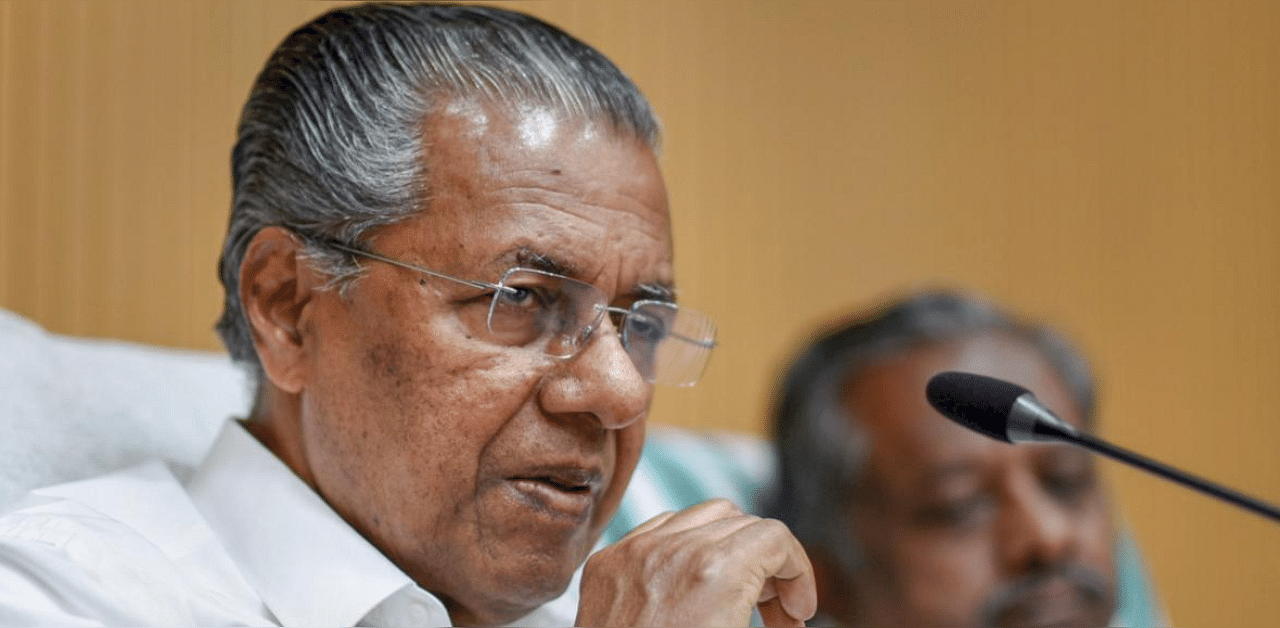
A special officer appointed by the Kerala government to study the issues of the Kannadigas and Tamil-speaking linguistic minorities in Kerala has made a series of recommendations like appointing officials familiar with the languages in regions dominated by these groups.
The Linguistic Minorities of Kerala Report prepared by special officer Neduvattom Gopalakrishnan Nair, which was submitted to Chief Minister Pinarayi Vijayan the other day, also recommended that preference should be given to the people of linguistic minorities permanently residing in Kerala, rather than those residing outside the state.
Gopalakrishnan Nair told DH that even though Kerala gives much consideration to linguistic minorities, those sections were still facing several issues. Hence, the state government appointed a special officer to look into the issues.
At present, there are around 87,000 Kannadigas in Kerala, of which over 56,000 are in Kasargod, followed by 14,000 in Wayanad. The Tamil population in Kerala is around 5 lakh. Despite a 1.24 lakh Tulu-speaking population, they were not considered a linguistic minority as Tulu was yet to be considered as an official language.
The special officer found that language was a big hurdle for these people in the state. Hence, it was suggested that officers familiar with their languages be appointed on a contract basis. All government announcements and forms in such regions should also be published in Kannada and Tamil, the report said.
Other recommendations included question papers in Tamil and Kannada for teachers' eligibility tests and higher secondary examinations. There is a trend of Kannada and Tamil-speaking people from outside the state taking government recruitment tests in Kerala and availing the reservation benefits for linguistic minorities. This was depriving the linguistic minorities settled in Kerala of job chances.
The special officer also found that the present norm that those settled in Kerala before 1950 will be only considered as a linguistic minority was causing inconvenience to many. Hence, it was recommended that the cut-off date may be re-fixed as 1970.